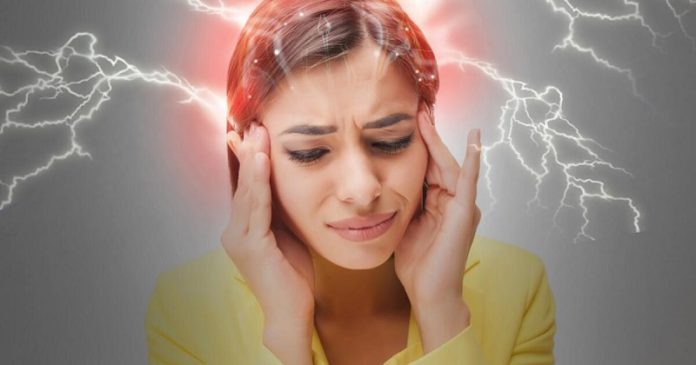Dhealthwellness.com – There are many benefits to taking magnesium for migraine headaches. The mineral is known to reduce migraine attacks, as well as the need for painkillers. Magnesium is also an important mineral for many bodily functions, so increasing your intake of this mineral can greatly reduce your migraine pain. However, there are no proven studies proving the effectiveness of magnesium on migraines. However, some people have reported relief after increasing their magnesium intake.
Causes of Having Low Magnesium Levels
There are several reasons why people are more likely to develop migraines, including a deficiency of magnesium. People with diabetes, high blood pressure, or kidney disease are more likely to experience low magnesium levels. Other causes of magnesium deficiency include genetics, a poor diet, and medication. In addition, migraineurs may have a lower level of magnesium in the brain than non-migraineurs. And, if they do have a deficiency in magnesium, they excrete the mineral more than non-migraineurs.
While there is no clear evidence to prove that magnesium works as effectively as prescription medications in preventing migraines, there is evidence that it can help women who suffer from menstrual migraines. If you think you might be suffering from a migraine, the best way to ensure that you’re taking the correct amount of magnesium is to eat foods high in magnesium. If you don’t have any of these natural sources, magnesium supplements may be the answer for you.

You can also use magnesium for migraine headaches in the form of topical applications. An oil blend containing magnesium and other healthy ingredients can be applied to the neck and forehead for relief. Another alternative is to make magnesium butter using shea or coconut oil. You can use this combination with vitamin E, olive oil, or grapeseed oil. You can also try a magnesium butter made with avocado or coconut oil.
Taking Magnesium Supplements by Consulting First
If you have a low blood magnesium level, you should first consult with your physician to see if you can take a supplement of magnesium. The natural source of magnesium is safe and effective. It may cause side effects, but they are relatively mild. Magnesium supplements are also beneficial for those suffering from hypertension. You should always consult with your doctor before taking magnesium for migraine headaches. You can also reduce the symptoms of other health problems such as asthma, diabetes, fibromyalgia, insomnia, constipation, and depression.
Some researchers have shown that magnesium has an effect on electrical signaling in nerve cells. Magnesium helps regulate these signals and decrease the frequency and severity of migraine headaches. So, magnesium is an important component in a healthy diet and can be found in foods such as walnuts and flaxseed. In addition, a multivitamin is essential for a healthy body. This supplement contains essential vitamins, minerals, and amino acids that can help you to live a healthy life.

The first phase of a migraine is called the aura. Aura is a visual disturbance that starts about 10 minutes before the actual migraine. Many migraine sufferers report seeing a flash, wavy image, or castles. Sometimes, individuals experience lightheadedness and nausea. They may experience dizziness, and may also feel moody and confused. They may also experience insomnia. The headaches can last for several days.
Effective Calcium Channel Blockers to Prevent Migraine
Another effective migraine medication is called calcium channel blockers. This type of drug blocks calcium from entering the arteries and heart muscles. As a result, calcium channel blockers lower heart rate and decrease heart contraction. Calcium channel blockers have also been effective in preventing migraine headaches. Depending on the type of headache and its severity, the doctor may prescribe these drugs to prevent migraines. These medicines are highly effective and inexpensive.

In addition to eating foods rich in magnesium, you can also take supplements. Dark leafy greens, such as spinach, have high levels of magnesium and contain about 38 percent of your daily magnesium requirement. Although it is usually easier to get magnesium through your diet, some digestive conditions can interfere with the absorption of magnesium. If you are taking magnesium supplements for migraine headaches, talk to your doctor about the right dosage for you.
Reference:
